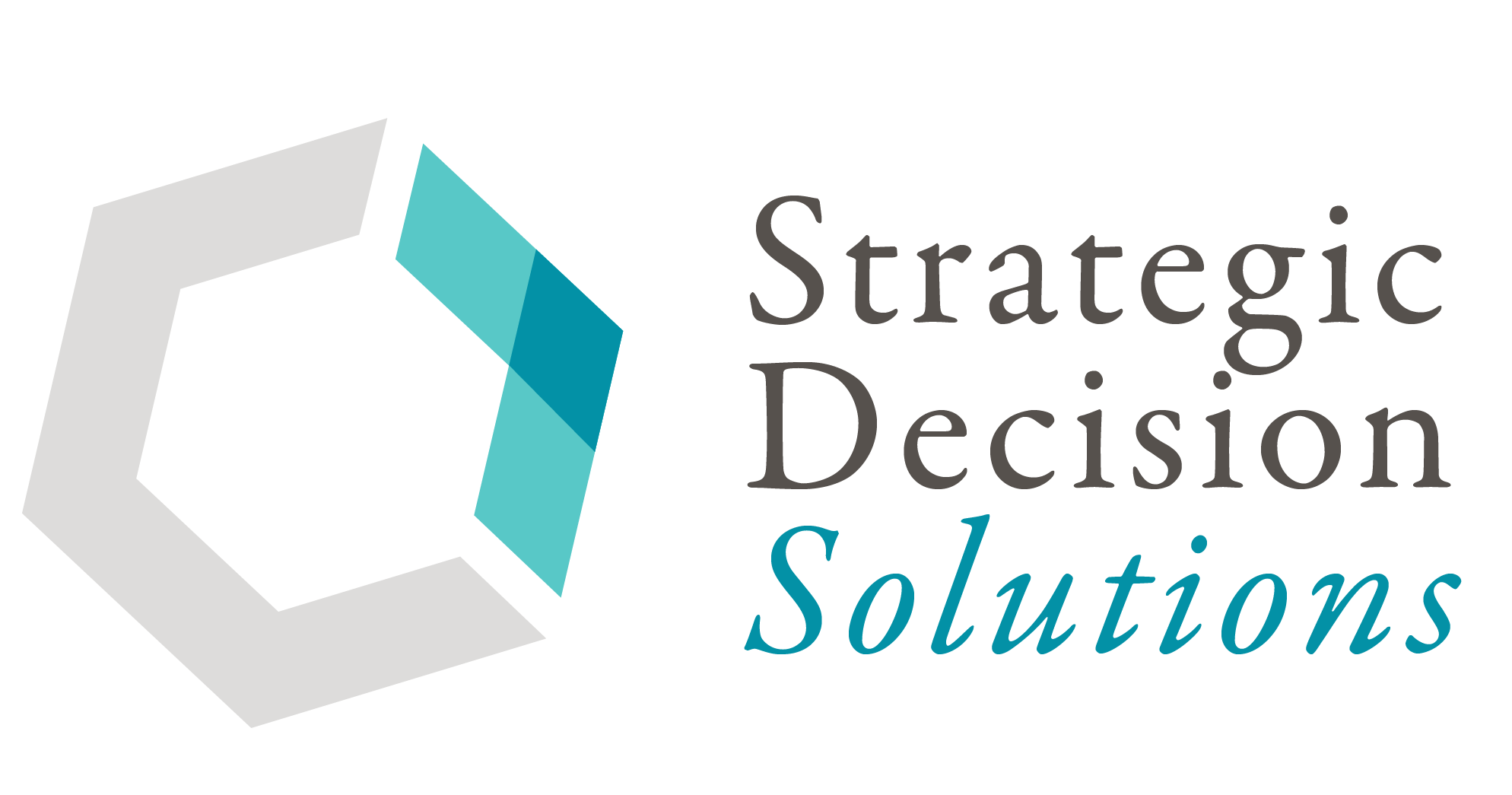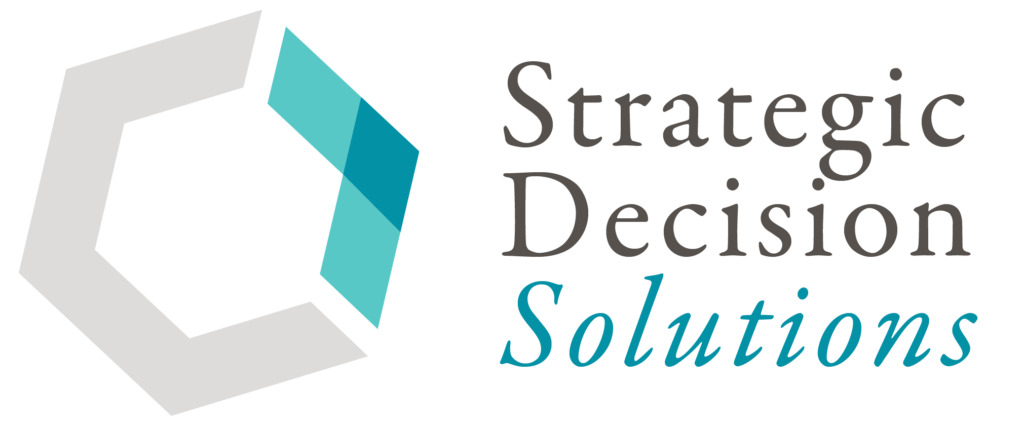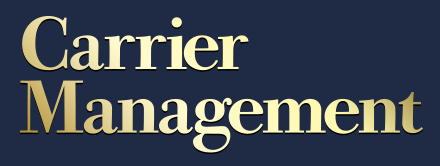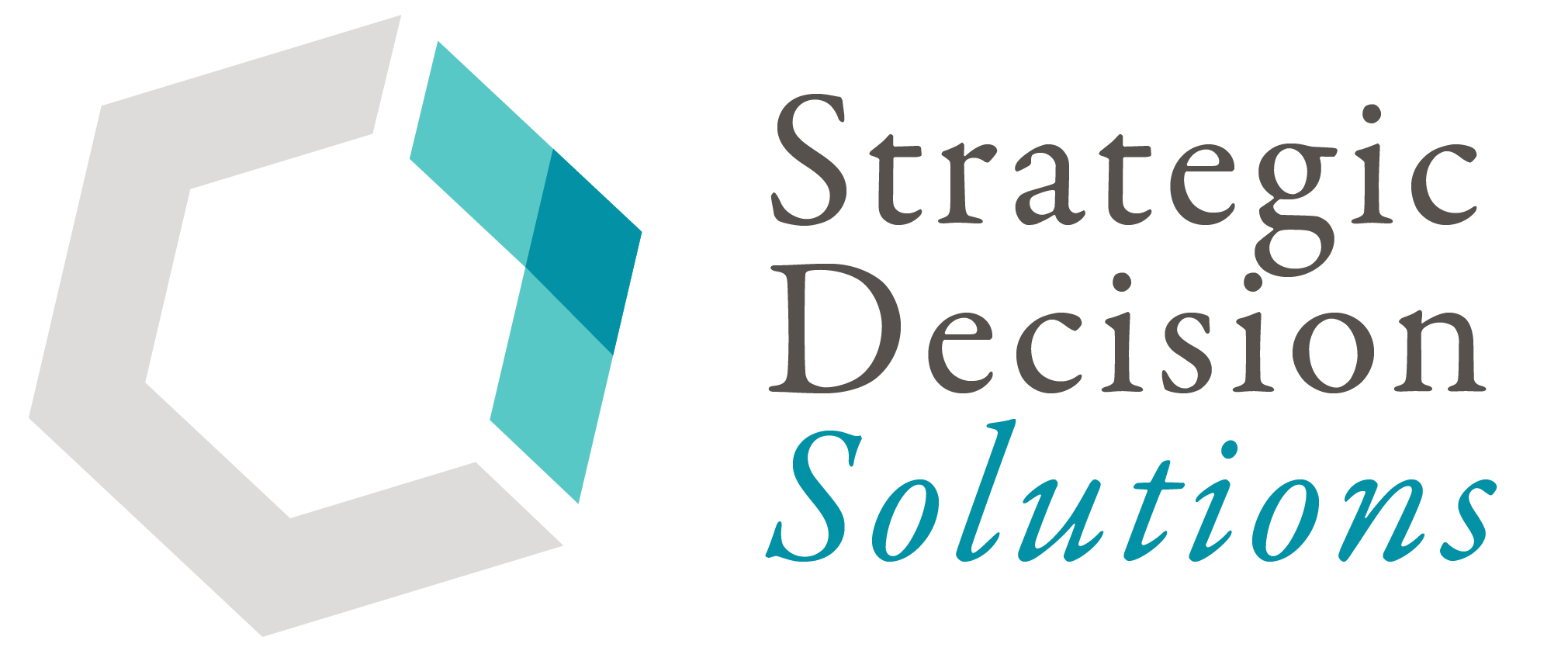One thing I was taught to appreciate from a young age was the value of education and knowledge. It didn’t necessarily matter what the subject was, just that I always maintain a learning or growth mindset regardless of my current status in life.
This mindset has served me well over the years, and it’s a quality I hope to pass on to my son as he continues to grow.
With that said, two questions I often receive (whether on a call, by email, or through LinkedIn) are:
- Is pursuing any sort of formal training or certification in ERM worth it?
- What program(s) would I recommend, if any?
Even though this subject was covered in a previous article, much has changed since its initial release, including available options and widespread acceptance of distance/online learning.
Besides the reasons outlined in the article referenced above, there are several benefits to pursuing an ERM certification according to Global Knowledge, including professional credibility, increased salary, a great addition to a resume, and just overall personal and professional satisfaction. Depending on the culture, industry and their specific needs, companies will look for training or formal designations. As Julian Talbot explains:
Professional certifications are perhaps the best way to identify and individual’s skills at first glance.”
Two quick notes about this article:
- The subject of today’s article is focusing on education and certification for ERM professionals or individuals aspiring to become one, not training for executives, managers or the Board.
- While examples will be included below, it is not my intention to recommend one course of action or program over another.
Before listing these five different avenues for gaining or expanding your knowledge about ERM, let’s go over a few things you need to keep in mind when evaluating options to ensure you make the right choice for your specific situation.
- ERM as a discipline is such a broad subject that you will need to be specific about the training you need. Do you only need some extra help with understanding risk appetite or are you looking for something more holistic? Do you want the training to focus on ERM techniques for your specific industry? (Note: industry specific training will be harder to find but it is possible.)
- Closely examine the program to ensure it has what you expect instead of irrelevant fluff. Some programs may say they’re teaching “ERM,” but upon closer investigation, what they’re really teaching is business continuity, disaster recovery, or traditional risk management (more insurance-focused).
- Don’t rush a selection. Just because something sounds good at first glance doesn’t mean that it is, so take your time. Ask around to your ERM peers at other companies about their experiences. Choosing a program hastily could lead to wasted time and money.
- Before “signing on the dotted line” for any degree program or certification, be sure you clearly understand how you will be putting the new knowledge to work AND if you have the time in your schedule to put in the work to really understand and apply your new knowledge during the program.
- Don’t just rely on one source, but instead seek out the best option(s) for the specific topic you’re trying to learn about. It’s okay to work through multiple schools, organizations, or methods.
- Be clear on why you want to pursue a designation, advanced degree, or other avenues for learning about ERM. As explained in the original article, some cultures place a high value on designations while some companies use them to validate your role. You may be doing it strictly from a desire on your part to expand knowledge, which is great! Whatever your reasons, knowing ahead of time which one is the driver will help you make the best choice possible and get the most out of it.
With these points in mind, you’re now ready to evaluate the different avenues for increasing your knowledge about ERM. Broadly speaking, these options can be grouped into the following five different categories.
1. Degree Programs (BS, MS, or PhD) – this option by far requires the most time and financial commitment. Specialized ERM degree programs will provide the most thorough overview of principles and standards, but they are also heavy on theory and light on practical application.
Examples include programs at NC State, St. John’s, Columbia, South Carolina and more.
My first exposure to the concept of ERM was through my Risk Management/Insurance (MSc) degree from Florida State University. Although it was mentioned in only one class, it served as the springboard to my future career in this exciting field.
A benefit with the degree program is that you have plenty of opportunities to establish and build relationships with the people in your cohort, which in turn extends your professional network for years to come.
2. Certifications or Designations – if you’re looking to switch gears in your career or potentially a recent college graduate in a different field, then a certification or designation from one of several organizations may be right for you. These can provide a baseline to validate someone’s knowledge and help you stand out as a job seeker. Similar to degree programs, careful attention needs to be paid to how recently has the training program been updated since ERM has changed dramatically in the last few years. Along that note, you should also ensure that the program doesn’t focus on the process and documentation elements, as you need broader exposure to strategy, mindset, and other organizational elements for it to truly be “ERM.”
Example designations can include a Certified Risk Manager, Associate in Risk Management, Certified Risk Management Professional, or certificate programs from institutions like the University of Texas, UCLA Extension, and others. In full disclosure, I hold the CRM designation from the National Alliance for Insurance Education and have been invited to be an instructor to the UCLA Extension’s ERM Certification program next year.
Like the degree program option above, you get the wonderful benefit of the peer networking opportunities.
3. Mini-courses – if you need a crash course on a particular niche topic like math, computer modeling, or even the basics of ERM, then a mini-course may be the best option. This requires a moderate amount of commitment out of all the options on this list. These courses can typically be completed in a weekend or in short snippets over a longer period.
Of course, as I’ve discussed many times on the blog, technical skills are just one piece of the puzzle when it comes to ERM playing an active role in the company’s decision-making. ERM goes beyond creating lists of risks. Soft skills from active listening and building relationships to facilitating meetings and building effective presentations are just as important as knowing the best assessment method to use.
There is also a plethora of sources to expand your knowledge this way. Many sites may offer bulk pricing or even a free course or two depending on any intro offers. Example providers or platforms include Udemy, LinkedIn Learning, Skillshare, and more. Udemy actually offers a course specific to ERM (although I cannot attest to the quality or content of it…)!
4. Books, magazines, and blogs – this option has no set time or place or assignments to complete, so it requires a bit more self-discipline. However, the knowledge you gain from books is in some ways superior to the more formal educational options listed above. Also, not all of the skills and insights you need to learn will be found in degree programs, certifications and designations, or mini-courses.
For ERM and strategy-specific books, Hans Læssøe’s Prepare to Dare or any of Norman Marks’ books are a great place to start. Options are literally endless when you add soft skills into the mix. For more recommendations, I invite you to check out my top resources list from the past several years (2022, 2021,2020, 2019, 2018).
5. On-job experience – this will by far provide some of the best knowledge you can gain since it will be specific to your company’s needs and culture. As we know, every company is different, even within the same industry, which is something all of the other education options cannot address.
Real life experience is where the bulk of my beginning knowledge about ERM comes from, although I have also pursued all 4 of the other options. The trial and error, as well as the steps to mature ERM, really helped me figure out the how and the why of practicing ERM. But the other knowledge sources helped me see and understand different ways of thinking about and executing specific practices.
A huge number of ERM professionals get their start this way when they happen to fall into the role. Most practitioners historically do not begin their careers thinking they would be involved risk, much less know what ERM even is. For example, my education and early career was in accounting and insurance, while others hail from an engineering, operations, or legal background.
ERM is experience-based in the end, so while degrees, certifications, and other options can be valuable, they cannot take the place of direct experience.
As you can see, there are a plethora of options available, including this blog, for expanding your knowledge about ERM, strategic planning, and other soft skills.
Again, whichever avenue you choose, the goal is to always learn what you can. With an ever-increasing array of both threats and opportunities, staying professionally agile will be instrumental in ensuring your company remains competitive and successful for the long haul.
What methods have you used for expanding your knowledge about ERM, strategic planning, and soft skills? Any good books you would recommend to your fellow ERM professionals?
Please don’t hesitate to share your experiences and any programs, books, or other materials you think would be helpful…leave a comment below or join the conversation on LinkedIn.
And last but not least, if you feel your company is stuck and is struggling to find just the right resources for getting things moving, please feel free to send me an email and schedule a meeting to discuss your specific challenge.








